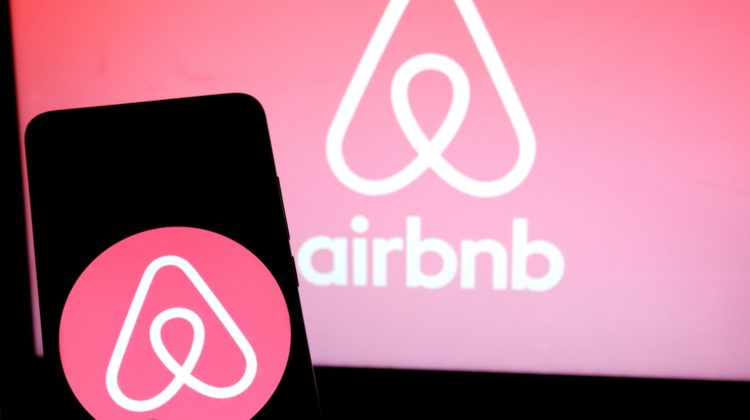
Airbnb (ABNB) reportedly priced its initial public offering at $68 per share, or above its already-raised range, in one of this year’s largest and most highly anticipated public debuts.
Bloomberg and Dow Jones reported the pricing Wednesday evening, citing unnamed sources. The pricing would bring Airbnb’s valuation to about $47 billion. Such a level would mark a major increase from the company’s private valuation of about $18 billion in April following a pair of debt fundraising rounds, and its pre-coronavirus private valuation of $31 billion from 2017.
Shares of Airbnb are set to trade on the Nasdaq Thursday under the ticker “ABNB.”
Earlier this week, the San Francisco-based company had said it planned to raise as much as $3.1 billion after offering 51.6 shares at between $56 and $60 apiece. That range was in turn raised from $44 to $50 per share earlier in December, in a testament to the rising demand for the company’s stock.
Airbnb’s first day of trading also comes a day after DoorDash’s, which also went public with an upsized IPO. DoorDash’s shares settled at $189.51 each on Wednesday, after pricing at $102 apiece in its IPO.
As with many travel companies, Airbnb has been hit hard this year by the coronavirus pandemic. The home-rental software platform saw revenue drop 32% to $2.5 billion during the first nine months of this year versus 2019, though its top line decline improved to 18% in the third quarter specifically. It also remains unprofitable, and its net losses more than doubled to $697 million for the first nine months of this year.
However, the company had been growing strongly leading up to the pandemic. Its revenue jumped by more than 30% year-over-year in fiscal 2019 to $4.8 billion, and its gross booking value – or the total amount paid by customers including fees – increased 29% to $38 billion.
However, it hinted at an uncertain post-virus future in its prospectus, noting that, “Even after shelter-in-place orders and travel advisories are lifted, demand for our offerings, particularly those related to cross-border travel, may remain depressed for a significant length of time, and we cannot predict if and when demand will return to pre-COVID-19 levels.”
Still, the company maintains a large base of hosts who offer their homes on the platforms, and guests who seek out lodging and experiences. The company boasts 4 million hosts globally, with 86% of those based outside of the U.S. Hosts span more than 220 countries and regions and about 100,000 cities. And last year, 54 million global active users booked 327 million nights and experiences through Airbnb.
Airbnb makes its public debut during a year when traders have been particularly amenable to newly public companies, with equity traders largely looking through lingering COVID-19 concerns and ahead to next year’s expected sustained economic reopening. Prospects for mass vaccine distribution in the coming months have propelled the broader market to record highs, with cyclical stocks including airlines and cruise lines being especially boosted. These companies’ businesses, like Airbnb’s, are closely tethered to re-openings and a return of travel demand.
—
Emily McCormick is a reporter for Yahoo Finance. Follow her on Twitter: @emily_mcck
Read more on Airbnb:
Find live stock market quotes and the latest business and finance news
For tutorials and information on investing and trading stocks, check out Cashay
Follow Yahoo Finance on Twitter, Facebook, Instagram, Flipboard, LinkedIn, and reddit.
